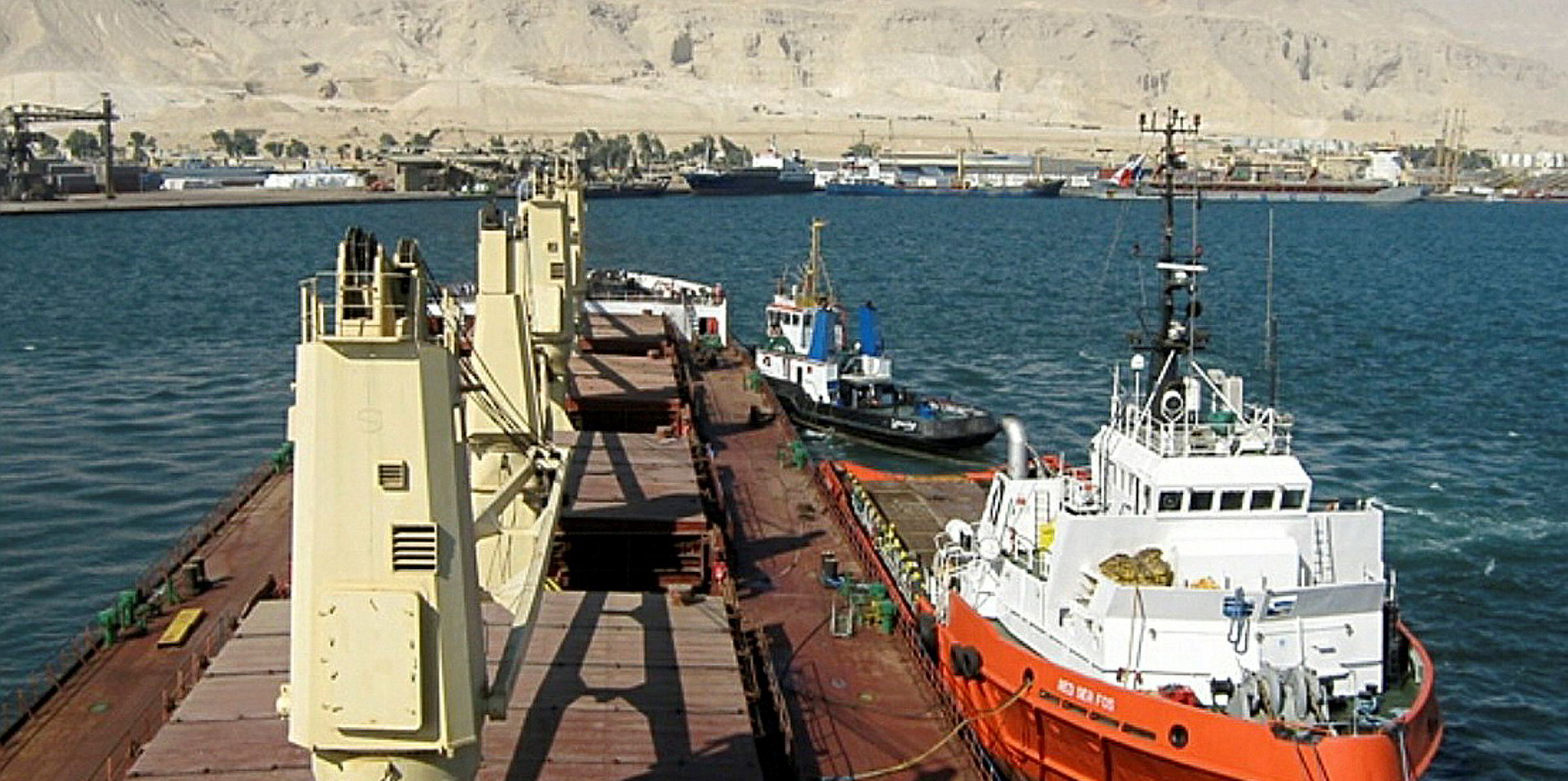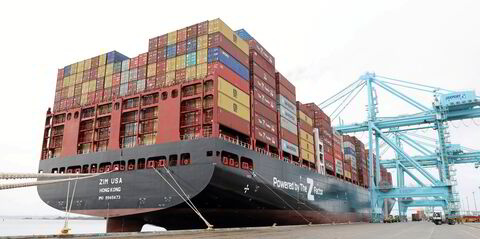Law firm Thomas Cooper has welcomed a vital UK court ruling on constructive total loss (CTL) costs that clarifies the 1906 Marine Insurance Act.
Thomas Cooper acted for hull and machinery insurers led by the Swedish Club in the case of a Greek bulker, the 38,400-dwt Renos (built 1985), hit by a fire off Egypt in 2012.
The Supreme Court considered whether certain types of expenses, incurred following an incident covered under a vessel’s hull and machinery policy, could be taken into account towards the calculation of the costs of repair and recovery.
This is vital because if these costs exceed the ship's insured value, that would make the vessel a CTL, entitling the owner to abandon it and seek full repayment of its insured value.
The court ruled that expenses incurred prior to the tendering of the shipowner’s notice of abandonment (NOA) could rank towards a CTL calculation.
But crucially, compensation paid to salvors for efforts to protect the environment, under the well-established Special Compensation Protection & Indemnity Club (Scopic) clause was found not to rank towards a CTL calculation.
The club's appeal was allowed and will be remitted to the original high court judge to determine the consequences of the ruling.
Clarity provided
Douglas Bateson, Thomas Cooper's lead partner for the insurers, said: “We are pleased that over one hundred years after the passing of the Marine Insurance Act 1906 these matters have been clarified.
"It is important for the market that Scopic does not rank towards the CTL calculation where it has little if anything to do with the recovery and repair of the hull and indeed the property insurers’ interests," he added.
"The Supreme Court has determined that pre-NOA costs can rank towards the calculation of a CTL. That analysis is flawed in our opinion, but the decision has brought clarity and that is important from the point of view of English law going forward.”





